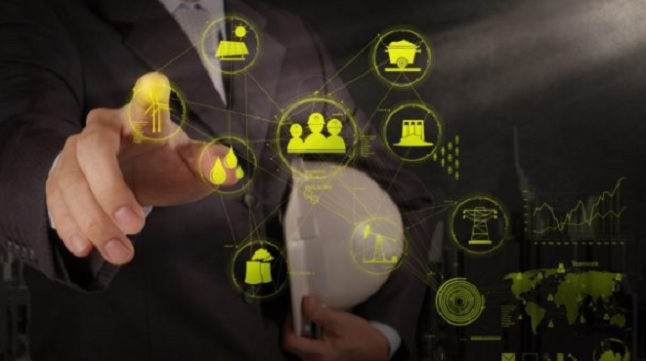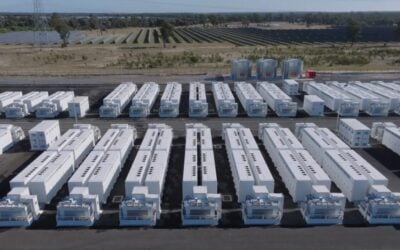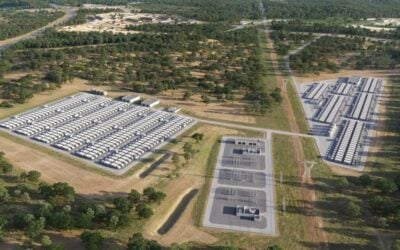
Australian homes and businesses will soon be able to use renewable energy stored in their batteries to bid into a local energy market and provide a range of grid services using a new software platform backed by the Australian Renewable Energy Agency (ARENA).
The decentralised energy exchange (deX) will allow consumers to sell their excess electricity back to the grid where it is needed most.
Enjoy 12 months of exclusive analysis
- Regular insight and analysis of the industry’s biggest developments
- In-depth interviews with the industry’s leading figures
- Annual digital subscription to the PV Tech Power journal
- Discounts on Solar Media’s portfolio of events, in-person and virtual
The digital marketplace will allow home and commercial building-based energy assets and appliances such as batteries, air conditioners and fridges to bid into the market and assist the network in managing grid reliability while reducing the need to upgrade infrastructure.
The ARENA funded project, which is also expected to help reduce consumer electricity bills, will be led by GreenSync which has announced that 37 industry partners will support the deX platform rollout. GreenSync chief executive Dr Phil Blythe said this level of participation from industry showed that the deX approach had industry-wide support.
“This is the first time that industry has come together in this way. This is an opportunity born from our current energy crisis, deX provides a framework to increase customer value, improve system reliability and manage the transition to a renewable energy supply,” he said.
The pilot will take place across two network locations (United Energy in the Mornington Peninsula and ActewAGL in Canberra) and will help the electricity network understand where electricity is coming from, how much is needed and sets the price.
This will then be used to test the ability of deX to meet peak demand issues, and demonstrate how market-integrated batteries might address grid constraints.
ARENA previously announced AUS$450,000 (US$358,481) in funding to pilot the deX, which was formed during ARENA’s inaugural A-Lab innovation session and will be the first project to reach trial stage in the Australian energy market.
Ivor Frischknecht, chief executive of ARENA, said: “deX is a fantastic solution to providing peer-to-grid network pricing and will allow renewable assets to be traded back into the grid and enable value transfer between participants in ways not previously possible.”
Peer-to-peer energy trading of this nature is rapidly growing across a number of markets, predominetly centred on local use of renewable energy assets. UK platform Piclo recently announced trials in the Netherlands and Italy less than 18 months after completing its first trial for UK green supplier Good Energy and the launch of its branded platform Selectricity.






